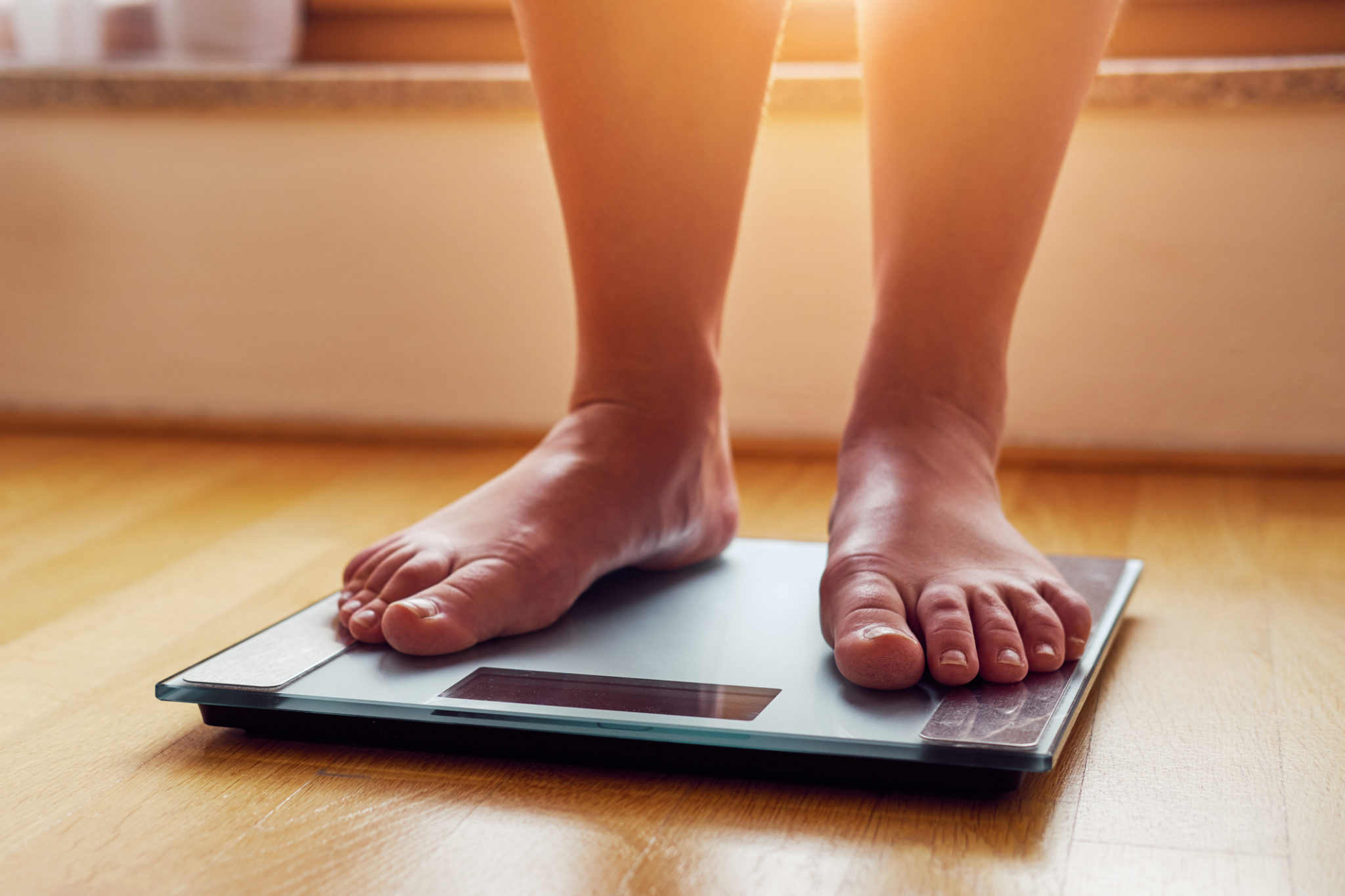How Much Do You Have to Weigh to Get Weight Loss Surgery?

June 23, 2021
If you’re considering bariatric surgery as a means for losing weight, you might be asking, “How much do I have to weigh to be a candidate for surgery?” But the number that really matters is your body mass index (BMI), a measure of body fat based on height and weight—not your actual weight.
“We don’t go by weight; we go by BMI,” says Ayotunde Adeyeri, M.D., a board-certified bariatric, advanced laparoscopic and general surgeon at Old Bridge Medical Center. “It’s a more accurate measure of the amount of work your heart is doing to support your body.”
The number most bariatric surgeons are looking for is a BMI over 35 with at least one comorbidity, such as diabetes and high blood pressure. That’s when the surgery discussion can usually begin.
“That’s the general criteria,” Dr. Adeyeri says. “But every patient is unique, so the exact indications for surgery might be a little different for everyone.”
For reference, according to the Centers for Disease Control and Prevention:
- BMI between 18.5 and 25 is considered normal
- BMI between 25 and 30 is considered overweight
- BMI over 30 is considered obese
- BMI over 40 is considered morbidly obese
By the time most patients come to him, they’ve already tried multiple ways to lose weight over the course of many years, says Dr. Adeyeri, who performs around 100 gastric bypass surgeries each year. They’ve tried and tried but couldn’t keep the weight off long-term, he says.
“It’s not their fault. It’s a disease,” Dr. Adeyeri says. “Fifty years ago, we didn’t classify obesity as a disease, but we do now. Once you have the disease, we recommend you seek help.”
How to Prepare Your Body and Mind for Weight-loss Surgery
Other than reading about the surgery and the outcomes, there are other ways to prepare your body and mind for bariatric surgery. Those include:
- Quit smoking
- Begin tracking your food and water
- Drink more water and limit all other beverages
- Begin an exercise routine, however small
- Commit to not gaining any additional weight
- Focus on your mental health, too
You can learn more about weight-loss surgery at Hackensack Meridian Health by attending a weight-loss surgery seminar near you.
Next Steps & Resources:
- Meet our source: Ayotunde Adeyeri, M.D.
- To make an appointment with Dr. Adeyeri or another doctor near you, call 800-822-8905 or visit our website.
- Attend a weight-loss surgery seminar near you
The material provided through HealthU is intended to be used as general information only and should not replace the advice of your physician. Always consult your physician for individual care.
Find a doctor near me
Worst Foods to Eat for Your Health

Limit unhealthy foods for better health. Dr. Sayanlar shares tips on reducing added sugar, salt, refined carbs, and processed meats. Learn more & schedule an appointment.
How Losing Weight Can Add Years to Your Life

Bariatric surgery not only helps with weight -loss—it also can increase your life expectancy.
Find a doctor near me

Should You Drink Apple Cider Vinegar Before Bed?
Learn about apple cider vinegar from Drs. Rodriguez and Rudnitzky. Discover safe ways to use it and understand its limitations for weight loss. Call 800-822-8905 for an appointment.

Five Tips for a Healthier Workout
Three of our cardiologists share how to fit heart healthy exercise into even the busiest schedules.

Is Keto Bad for Your Heart?
Is Keto Bad for Your Heart? Learn about potential risks and benefits from Drs. Dougherty & Hollywood. Get expert advice; call 800-822-8905.

Top 3 Myths About Weight-Loss Surgery—Debunked!
There are many misconceptions when it comes to weight-loss surgery. Our expert shares the truth around three common myths.
